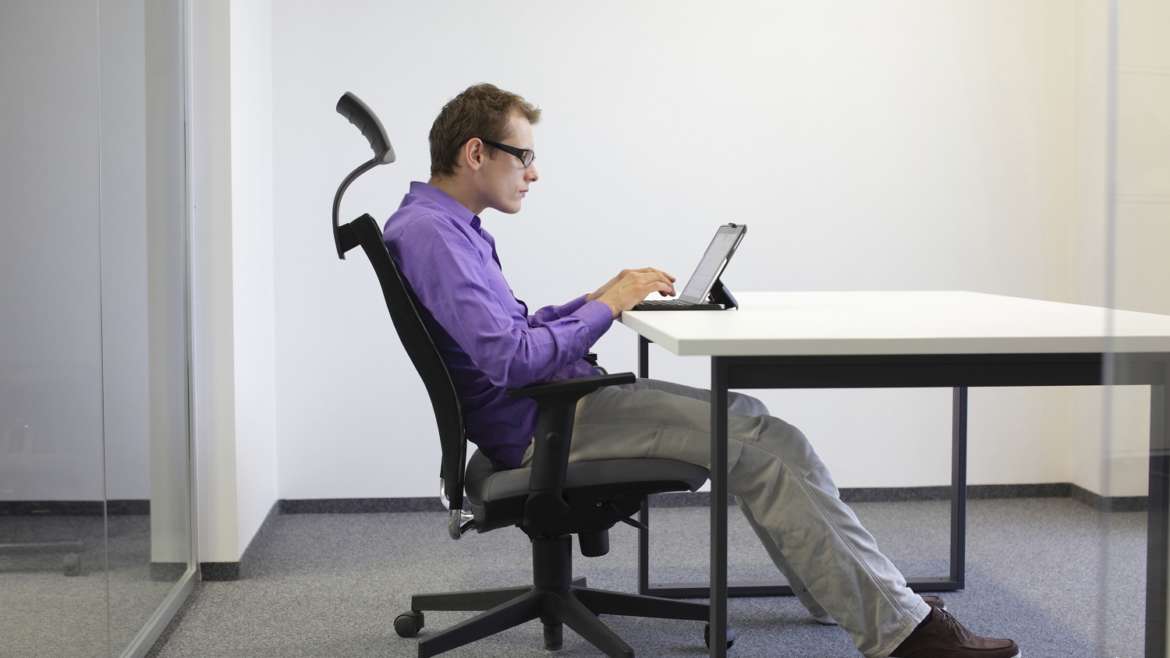Your posture – you likely know that you don’t follow good habits. After all, we all know of the official advice – to sit with our back straight, to not slump (even on the most miserable of Monday mornings at our desk) and to position our shoulders backwards. Yet how many of us can truly say that we follow this advice? If UK statistics tell us anything, it’s that the answer to this question is not all that many.
With almost half of us suffering from back problems over the course of the last 12 months, experts argue that many of the serious conditions amongst us are directly attributable to poor posture, and the damage it does to the body over time.

How your posture affects the body
Your posture impacts upon almost every other area of your body. Good posture is capable of minimising the excessive force that muscles and joints must absorb on a daily basis (which is why good posture is so important for sports people when competing). Poor posture also impacts upon the pressure in the lower back, as well as other muscles and joints.
There are a whole host of associated health risks that are tied to poor posture – including:
– Aches and pains, which may be felt immediately, in the neck or back, and move onto the hips and knees
– Difficult or restricted breathing, particularly where poor posture includes slumped shoulders
– Spinal problems
– Muscle fatigue and strain
– Ligament stretch
– Rounded shoulders
– Poor circulation
Common posture mistakes include:
– Sitting for too long a period at a desk. Ideally you should take a 20 minute break every four hours in order to stretch your legs and relieve pressure that can build in the lower back
– Talking on the phone with the headset gripped by your chin or texting. Both of which can lead to twisting or slouching
– Bending forward or lifting from your back. This may be as subtle as leaning forward whilst brushing your teeth, or as significant as shifting large, heavy objects
– Weakened feet or feet that roll inwards. This can throw your entire body out of line, placing pressure on your hips and back in a way that brings about what is known as ‘serial distortion’
– Being stressed. Believe it or not, stress, when experienced often, can lead to tension in the muscles that are responsible for the pulling of your shoulders – leading a person to slouch more often.
How an osteopath can help with your posture
An osteopath will work alongside you in order to both improve your posture going forward, as well as provide treatments that will:
– Improve your muscle flexibility
– Improve the range of joint motion you have in both your spine and limbs
– Provide advice as to how ergonomics may help you foster a better posture
– Provide exercises in order to strengthen your postural muscles
As well as providing treatments, we can also provide tailored advice as to how you can improve your posture and follow good practice from day to day.
To make an appointment call us on 020 3589 8664.



Add Comment